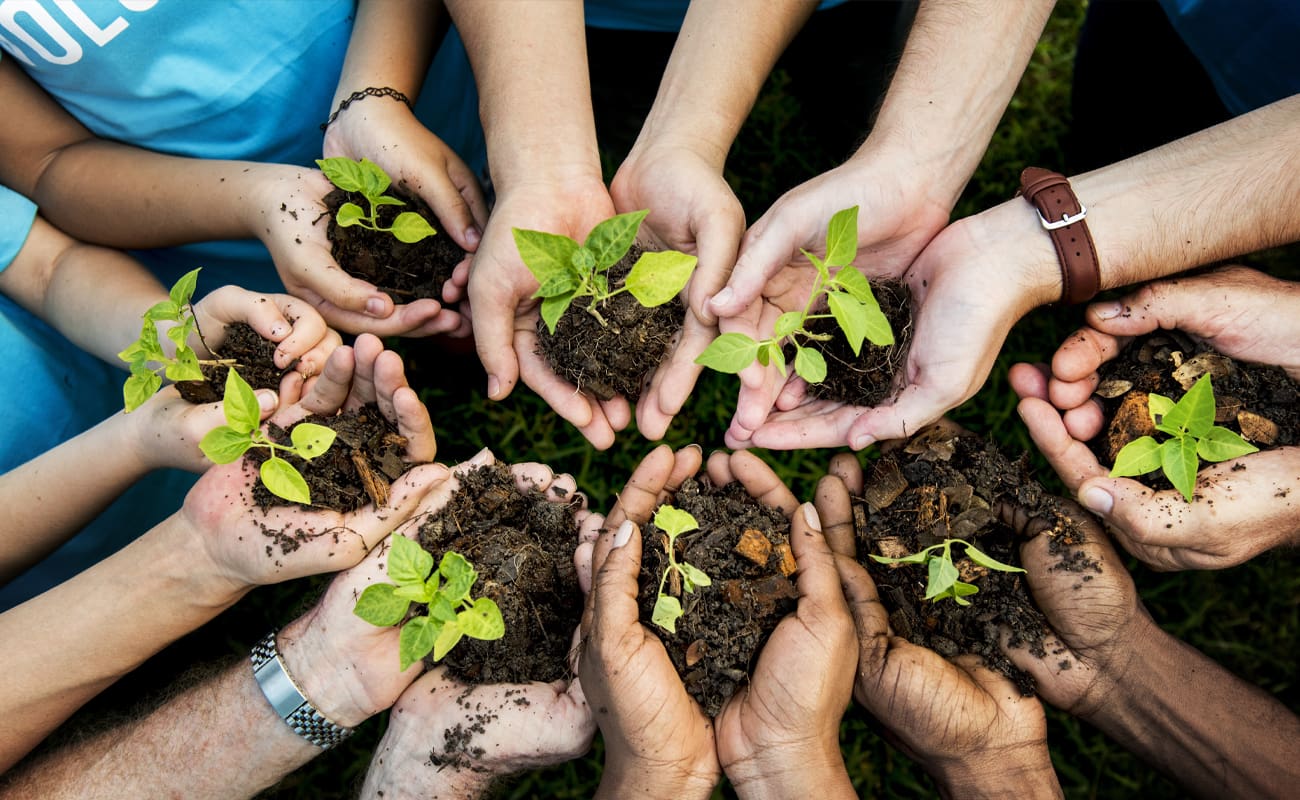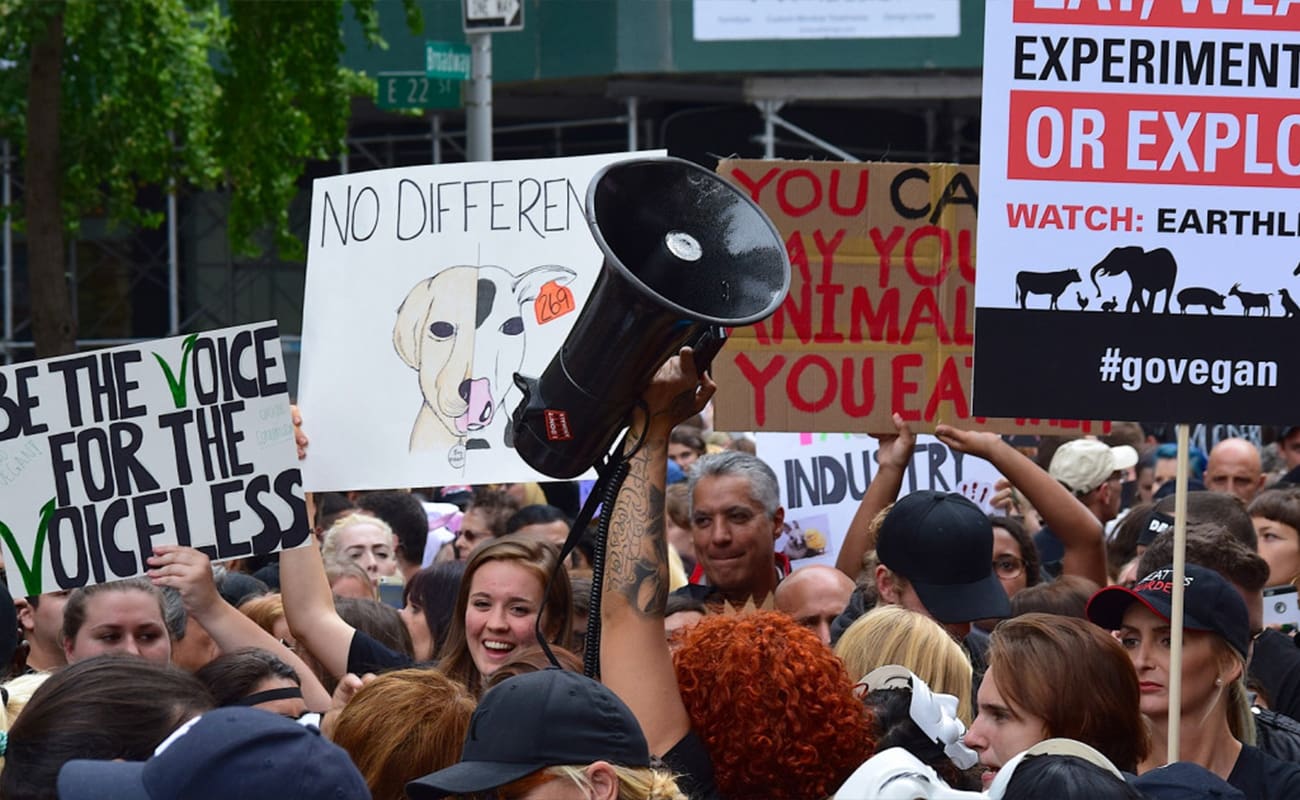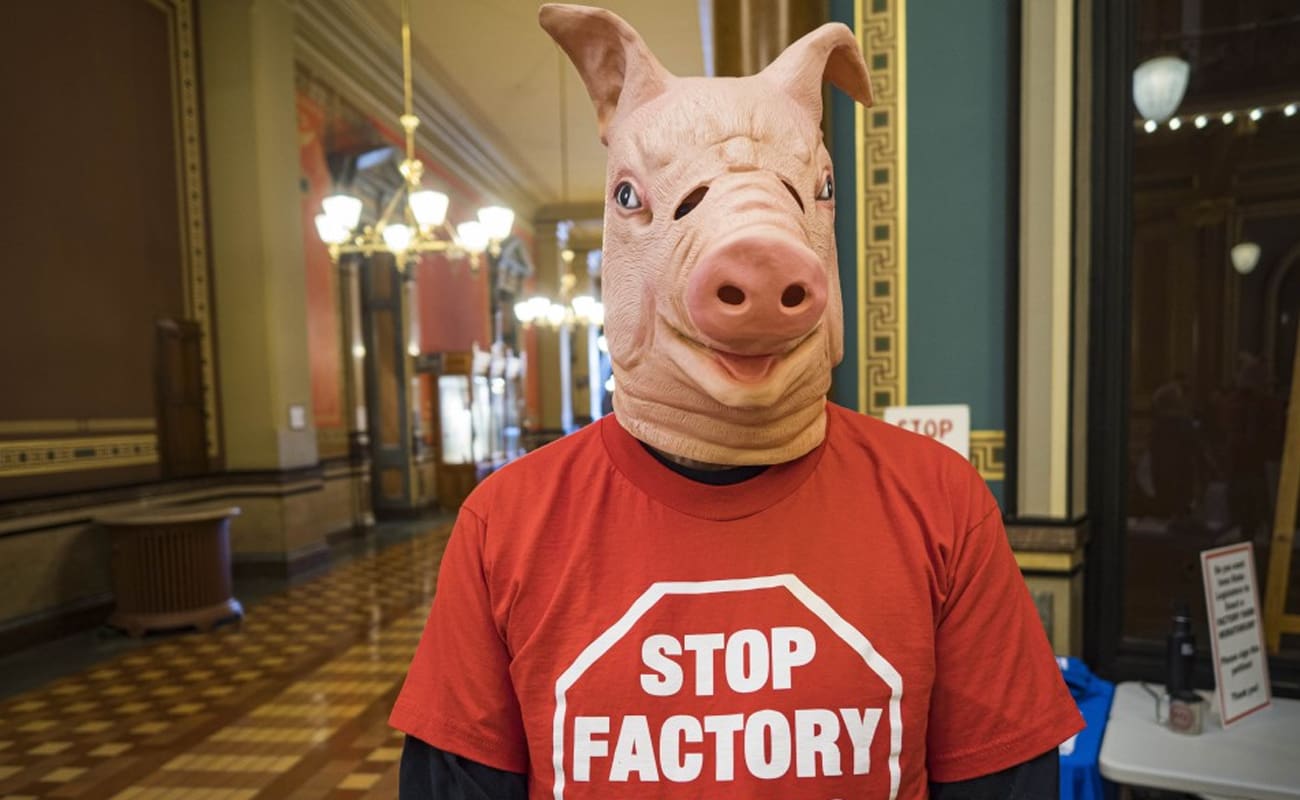This category investigates the human dimension of animal exploitation—how we as individuals and societies justify, sustain, or resist systems of cruelty. From cultural traditions and economic dependencies to public health and spiritual beliefs, our relationships with animals reflect the values we hold and the power structures we inhabit. The “Humans” section explores these connections, revealing how deeply intertwined our own well-being is with the lives we dominate.
We examine how meat-heavy diets, industrial farming, and global supply chains harm human nutrition, mental health, and local economies. Public health crises, food insecurity, and environmental collapse are not isolated events—they are symptoms of an unsustainable system that prioritizes profit over people and planet. At the same time, this category highlights hope and transformation: vegan families, athletes, communities, and activists who are reimagining the human-animal relationship and building more resilient, compassionate ways of living.
By confronting the ethical, cultural, and practical implications of animal use, we also face ourselves. What kind of society do we want to be part of? How do our choices reflect or betray our values? The path toward justice—for animals and for humans—is the same. Through awareness, empathy, and action, we can begin to repair the disconnection that fuels so much suffering, and move toward a more just and sustainable future.
Animal cruelty is a pervasive issue that not only affects the wellbeing of animals but also has a profound impact on our own health and wellness. Witnessing or supporting animal cruelty can lead to feelings of guilt, sadness, and even depression. It can also contribute to empathy and compassion fatigue, further affecting our overall wellbeing. Exposure to graphic images or videos of animal cruelty can even trigger stress responses and increase the risk of developing post-traumatic stress disorder (PTSD). However, there is a solution that not only alleviates the suffering of animals but also brings significant benefits to our own health: adopting a vegan diet. A vegan diet is rich in fiber, vitamins, and minerals, essential for maintaining a healthy digestive system and overall wellbeing. By eliminating animal products from our diet, we can also reduce the intake of saturated fats and cholesterol, known risk factors for heart disease and …


























































